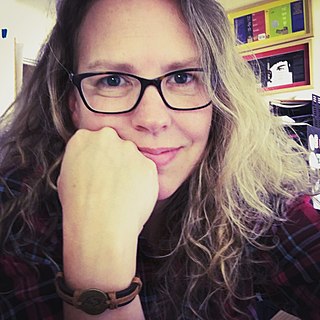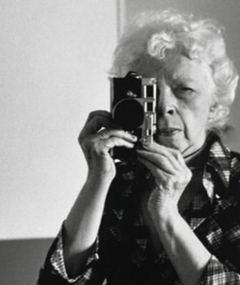A Quote by William James
I do indeed disbelieve that we or any other mortal men can attain on a given day to absolutely incorrigible and unimprovable truth about such matters of fact as those with which religions deal. But I reject this dogmatic ideal not out of a perverse delight in intellectual instability. I am no lover of disorder and doubt as such. Rather do I fear to lose truth by this pretension to possess it already wholly.
Related Quotes
Truth is the pearl without price. One cannot obtain truth by buying it-all you can do is to strive for spiritual truth and when one is ready, it will be given freely. Nor should spiritual truth be sold, lest the seller be injured spiritually. You lose any spiritual contact the moment you commercialize it. Those who have the truth would not be packaging and selling it, so anyone who is selling it, really does not possess it.
Five Truths
about
Fear Truth
1. The fear
will never
go away as
long as I continue
to grow. Truth 2. The only way to get rid of the fear of doing something is to go out and do it. Truth 3. The only way to feel better about myself is to go out… and do it. Truth 4. Not only am I going to experience fear whenever I’m on unfamiliar territory, but so is everyone else. Truth 5. Pushing through fear is less frightening than living with the underlying fear that comes from a feeling of helplessness.
We do not assert that the capitalist mode of economic calculation guarantees the absolutely best solution of the allocation of factors of production. Such absolutely perfect solutions of any problem are out of reach of mortal men. What the operation of a market not sabotaged by the interference of compulsion and coercion can bring about is merely the best solution accessible to the human mind under the given state of technological knowledge and the intellectual abilities of the age's shrewdest men.
Truth and falsity, indeed understanding, is not necessarily something purely intellectual, remote from feelings and attitudes. ... It is in the total conduct of men rather than in their statements that truth or falsehood lives, more in what a man does, in his real reaction to other men and to things, in his will to do them justice, to live at one with them. Here lies the inner connection between truth and justice. In the realm of behavior and action, the problem recurs as to the difference between piece and part.
The principle itself of dogmatic religion, dogmatic morality, dogmatic philosophy, is what requires to be rooted out; not any particular manifestation of that principle. The very corner-stone of an education intended to form great minds, must be the recognition of the principle, that the object is to call forth the greatest possible quantity of intellectual power, and to inspire the intensest love of truth.
I must say a few words about memory. It is full of holes. If you were to lay it out upon a table, it would resemble a scrap of lace. I am a lover of history . . . [but] history has one flaw. It is a subjective art, no less so than poetry or music. . . . The historian writes a truth. The memoirist writes a truth. The novelist writes a truth. And so on. My mother, we both know, wrote a truth in The 19th Wife– a truth that corresponded to her memory and desires. It is not the truth, certainly not. But a truth, yes . . . Her book is a fact. It remains so, even if it is snowflaked with holes.
True belief is not about blind submission. It is about open-eyed acceptance, and acceptance requires persistent distance from the truth, and that distance is doubt. Doubt, in other words, can feed faith, rather than destroy it. And it forces us, even while believing, to recognize our fundamental duty with respect to God's truth: humility. We do not know. Which is why we believe.
The investigation of the truth is in one way hard, in another easy. An indication of this is found in the fact that no one is able to attain the truth adequately, while, on the other hand, no one fails entirely, but everyone says something true about the nature of all things, and while individually they contribute little or nothing to the truth, by the union of all a considerable amount is amassed.
Christianity is not a series of truths in the plural, but rather truth spelled with a capital 'T.' Truth about total reality, not just about religious things.
Biblical Christianity is Truth concerning total reality - and the intellectual holding of that total Truth and then living in the light of that Truth.
Everyone who observes himself doubting observes a truth, and about that which he observes he is certain; therefore he is certain about a truth. Everyone therefore who doubts whether truth exists has in himself a truth on which not to doubt.... Hence one who can doubt at all ought not to doubt the existence of truth.







































